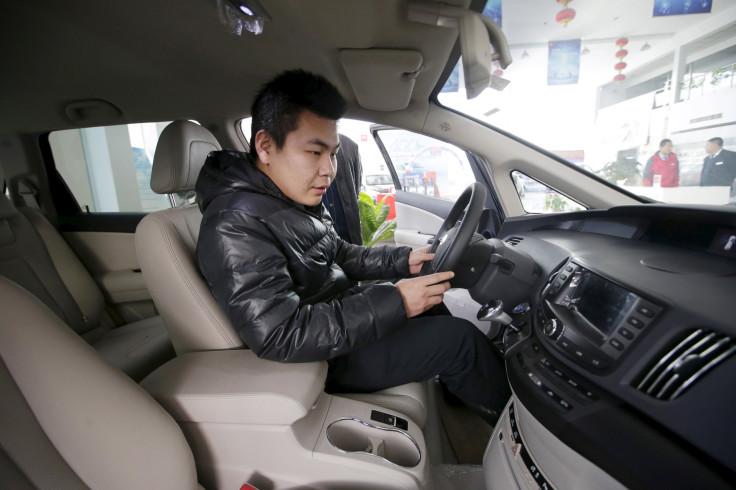China Auto Market: Beijing Eyes Lifting Automakers’ Power Over Car Dealers As Economic Slowdown Bites

In an effort to make the Chinese auto market more competitive, the nation's government in Beijing is considering rules that would restrict the power automotive manufacturers have on how independent car dealerships do business. The China Commerce Ministry website posted on Wednesday a call for public comments on the proposed rule change that would allow Chinese car dealers to sell models from different manufacturers and to trade excess stock with each other.
Under the current system, manufacturers have far more sway on what dealerships can do compared to sellers in other countries. Domestic and foreign automakers can also impose sales quotas on vendors, forcing them to take excess factory inventory of unpopular models.
“Car dealers in China have less say and more restrictions than their foreign peers,” China-based motor industry analyst Yu Jianliang told the Financial Times. “But now the industry is in a downturn and dealers are complaining a lot about pressure on their business. The draft policy could ease that.”
The effort is part of a series of measures China has taken to address challenges of an economic slowdown that’s been hitting the world’s largest automaker for much of the past year. China managed to boost auto sales toward the end of last year by slashing the sales tax on small-engine sedan purchases from 10 to 5 percent. Cars with engines smaller than 1.7 liter make up most car purchases in the country.
The measure worked. In November, new-auto sales increased nearly 24 percent from the same month in 2014, according to the China Association of Automobile Manufacturers. December and full-year new-auto sales numbers will be out later this month.
But the sales also came from discounts, and dealerships have been struggling with smaller profit margins, and a dwindling number of customers. “Our latest round of dealer interviews point to consumers who had previously deferred purchases returning to the market, but new visitors remain more limited,” Bernstein analyst Robin Zhu told the Wall Street Journal in December.
© Copyright IBTimes 2024. All rights reserved.












